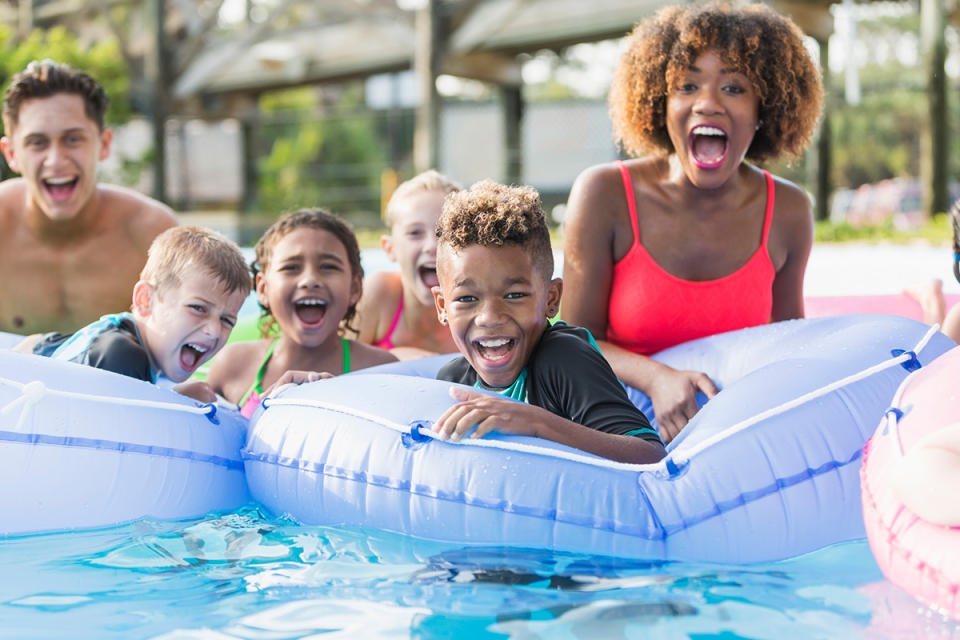Summer is the season for memories. Family vacations, road trips, camping and swimming, or a trip to the Grand Canyon … these are the experiences that you will cherish for years to come.
If you’re planning a big trip, staycation or are enjoying the summer at home, here are some reminders to keep you and your family safe.
Care made simple
Fun under the sun
Keep your kids safe and having fun this summer. By keeping them cool, protected from the sun, and supervised around water, you can ensure they stay safe while having a blast.
Care made simple
When you're not feeling your best, knowing where to go for care can make all the difference. Our expert tips take the guesswork out of whether you should head to the ER or urgent care.
Halloween safety hacks
This Halloween, keep your little ghouls and goblins safe and out of harm’s way. These simple tips will help ensure everyone enjoys a spooktacularly safe and fun night.
